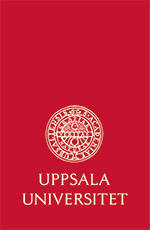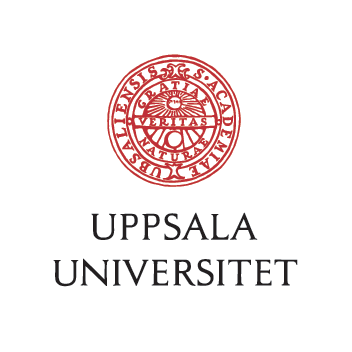Sinology (Chinese)
Chinese language and literature as a research discipline is called Sinology. It emerged as a philological discipline but has in recent times expanded to encompass China-related research in the humanities and social sciences. During the past few decades this discipline has come under influence of area studies, China studies, but the characteristic trait of Sinology is that research within this discipline is largely based on materials written in Chinese.
At the Department of Linguistics and Philology research is primarily focused around the following areas of Sinology: older and modern Chinese literature and literature theory, Chinese media and freedom of the press, China's ethnic minorities and minority languages in China, cross-border ethnic groups, historical sociolinguistics, teacher trainee education in Chinese, gender issues and migrant worker issues. We even offer doctoral studies in the subject of Sinology.
Research projects
Within sinology, Joakim Enwall works with a research project on four minority languages in China, Miao, Mongol, Tibetan and Uyghur: Plurality in unity? The outcomes the the minority language policies of the people's Republic of China for the languages Miao, Mongol, Tibetan and Uyghur (pdf). He is also engaged in a project on Turkish transcription texts, in which he works on Turkish/Middle Azeri texts written in Georgian script: Turkish texts in Georgian script (pdf).
Lena Rydholm works on classical poetry and fiction, especially poetry from the Song dynasty, focusing on the ci-poetry by the female poet Li Qingzhao: The style in Li Qingzhao’s ci-poetry: a new model for stylistic analysis in ci-poetry (pdf). Rydholm also works on ancient and modern Chinese literary theory, especially theories of genre and style, and she has participated in the international research program "Literature and literary history in global contexts": The concepts of literature, genre and style in ancient and modern Chinese literary theory (pdf).
In addition, Rydholm also does research on contemporary Chinese media, especially the programs by the party-state controlled China Central Television (CCTV). Together with Håkan Lindhoff and Jan Ekecrantz at the Department of journalism, media and communication (JMK) of Stockholm university, Rydholm was a project leader of the international research program "Media and globalization in contemporary China": China Central Television's Spring festival gala: entertainment and political propaganda (pdf).


